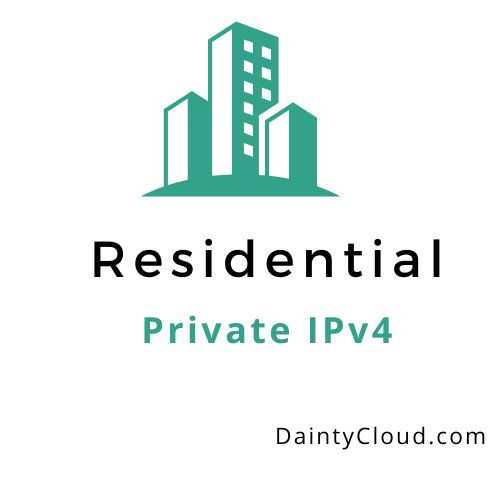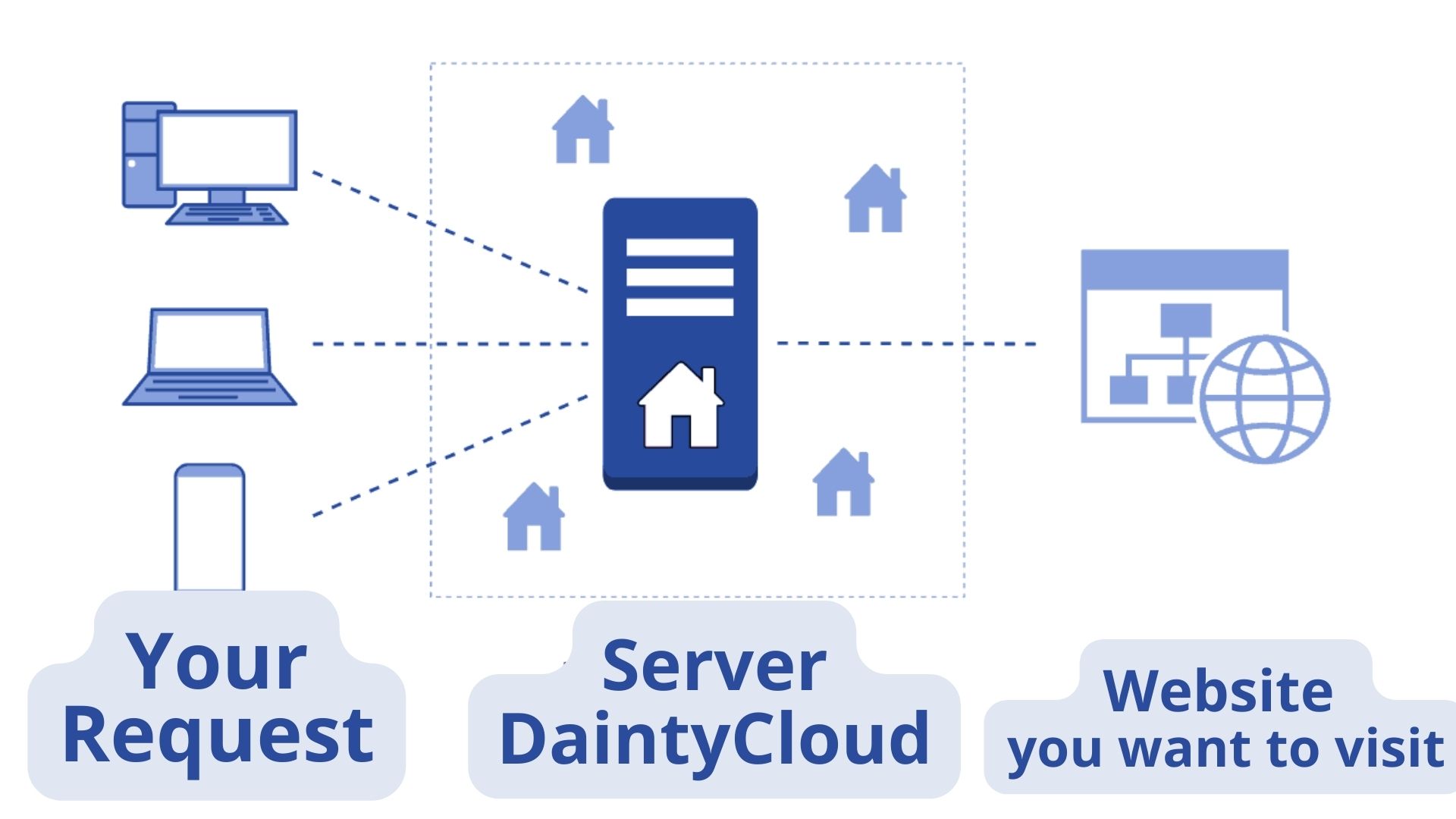What is Static Residential Proxies? How do residential proxies work?

Have you ever wondered how businesses gather vast amounts of data from the web without getting blocked or detected? The answer lies in the realm of static residential proxies. These powerful tools enable users to access websites, scrape data, and maintain anonymity effectively. In this article, we will delve into the intricacies of static residential proxies, exploring their definition, functionality, and the benefits they provide. So, let’s dive in and uncover the secrets of static residential proxies!
Understanding Static Residential Proxies
A static residential proxy is a type of proxy server that routes internet traffic through real residential IP addresses. Unlike datacenter proxies that use IP addresses associated with servers, static residential proxies employ IP addresses assigned to physical residential locations. This makes them appear more genuine and less likely to be flagged as suspicious by websites.
The Inner Workings of Residential Proxies
To comprehend how static residential proxies work, it’s essential to grasp the underlying concept of IP rotation. When you initiate a request using a residential proxy, your traffic is routed through a vast network of residential IPs. Each request you make is channeled through a different IP address, replicating the behavior of authentic human users.
This dynamic IP rotation plays a crucial role in bypassing anti-bot measures employed by websites. By mimicking organic user behavior, static residential proxies allow you to scrape data, carry out market research, and engage in other web activities without raising any red flags.

- Enhanced Anonymity: Static residential proxies offer a high level of anonymity since they employ authentic residential IP addresses. This makes it nearly impossible for websites to distinguish between normal users and those leveraging proxies.
- Bypass Geolocation Restrictions: With static residential proxies, you can access websites or online content that may otherwise be restricted in your region. By routing your traffic through different residential IPs, you can mask your actual location effectively.
- Avoid IP Blocks: Websites often implement IP blocking mechanisms to prevent scraping and automated activities. With static residential proxies, you can avoid getting blocked by rotating through various residential IPs, which makes it difficult for websites to track and ban your IP address.
- Reliable Data Scraping: Static residential proxies enable efficient and uninterrupted data scraping from various sources. With a wide range of residential IPs at your disposal, you can gather information at scale without encountering anti-bot measures.
- Sneaker Botting and E-commerce: Static residential proxies are popular among sneaker enthusiasts and e-commerce businesses. By utilizing residential IP addresses, users can cop limited-edition sneakers and automate purchases while appearing as regular customers.
How do residential proxies work?
Residential proxies are a type of proxy server that routes your internet traffic through an intermediary IP address provided by an Internet Service Provider (ISP) or a residential network. Unlike data center proxies that use IP addresses from data centers, residential proxies use IP addresses associated with real residential devices.

Here’s a general overview of how residential proxies work:
- Obtaining Residential IPs: Residential proxy providers usually have agreements with ISPs or residential networks to use their IP addresses. These IPs are assigned to real residential users who have given their consent to share their connection.
- Proxy Pool: The residential proxy provider creates a pool of these residential IPs, which users can connect to. This pool typically consists of thousands or even millions of residential IP addresses.
- Proxy Rotation: When you use a residential proxy, your internet traffic is routed through the residential IP address assigned to you. The proxy server will rotate the IP addresses in its pool, so each request you make appears to come from a different residential IP address.
- Anonymity and Credibility: Residential proxies offer a higher level of anonymity compared to data center proxies because the IP addresses are associated with real residential devices. This makes it more difficult for websites or online services to detect that you are using a proxy.
FAQs about Static Residential Proxies
Q1: Can I use static residential proxies for multiple purposes?
A1: Absolutely! Static residential proxies are highly versatile and can be utilized for web scraping, social media management, SEO monitoring, market research, ad verification, and much more.
Q2: How do static residential proxies differ from data center proxies?
A2: Unlike data center proxies that use IP addresses associated with servers, static residential proxies utilize authentic residential IP addresses assigned to physical locations. This makes them more reliable for tasks that require genuine human-like interactions.
Q3: Are static residential proxies legal to use?
A3: Yes, using static residential proxies is legal. However, their misuse or involvement in illegal activities is strictly prohibited.
Q4: Do static residential proxies slow down internet speed?
A4: Since static residential proxies route traffic through additional intermediary steps, there might be a slight decrease in browsing speed. However, reputable proxy providers ensure minimal impact on internet speeds.
Q5: Can I trust static residential proxy providers to keep my data secure?
A5: Reputable static residential proxy providers prioritize user privacy and security. They implement robust encryption measures and strict data protection policies, giving users peace of mind.
Conclusion
Static residential proxies provide a robust solution for businesses and individuals looking for anonymity, reliability, and unrestricted access to online resources. These proxies utilize genuine residential IP addresses, allowing seamless data scraping, bypassing geolocation restrictions, and ensuring high-level anonymity. Whether you are involved in market research, e-commerce, or web scraping, static residential proxies are essential tools that enhance your online activities while maintaining authenticity and trust.

